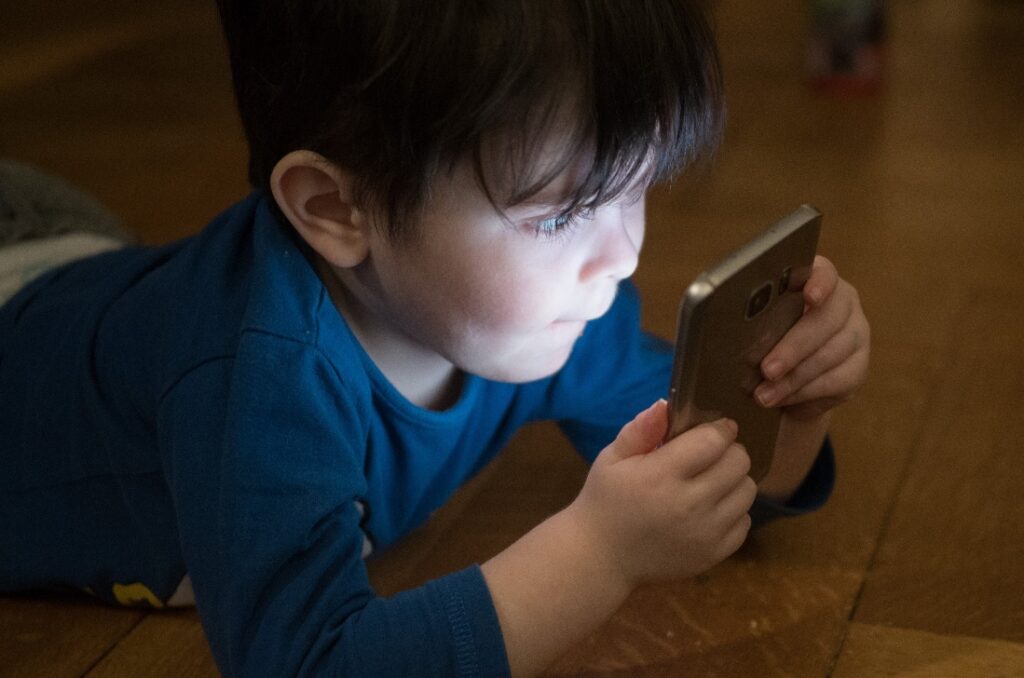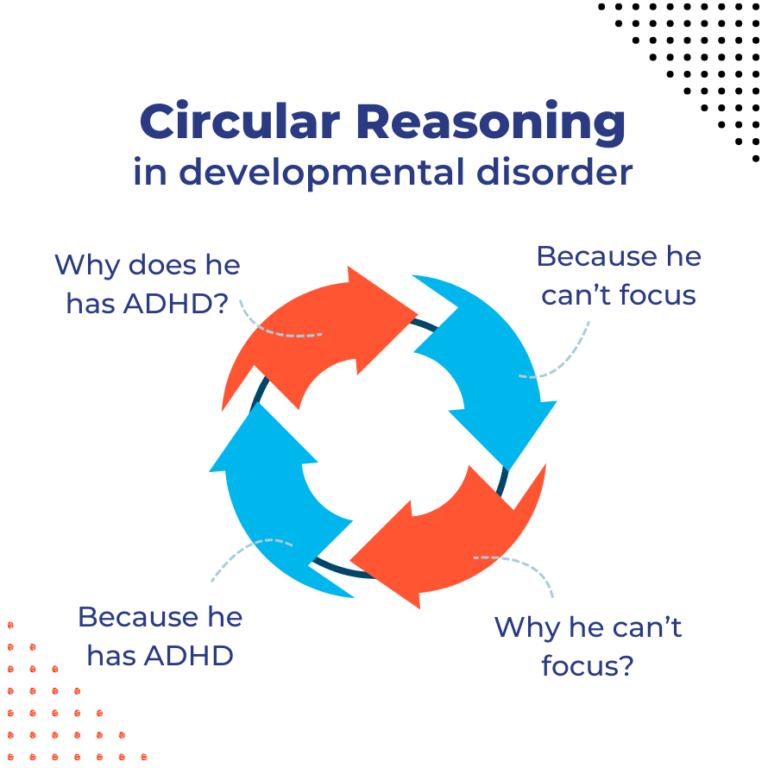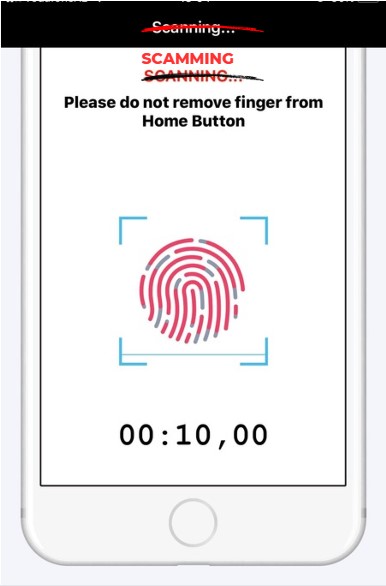Screen Time for Children
The widespread influence of digital technology has greatly impacted how children play, learn, and form relationships. As a result, developmental experts have been investigating the effects of tablets, computers, smartphones, and television on children’s development.
Today, it is recognized that screen time is not inherently negative when children consume age-appropriate and high-quality digital content. However, concerns arise when screen time displaces activities essential for healthy development, such as social interactions and play. In other words, excessive screen time becomes harmful when it takes precedence over crucial brain, physical, and social activities.
How much screen time is too much?
Research has revealed neurobiological risks associated with excessive screen time in children.
A recent study conducted in 2020 by Cincinnati Children’s Hospital Medical Centre examined the brain development of children aged 3 to 5. The study found that children who exceeded the recommended screen time guidelines set by the American Academy of Pediatrics (see below) had lower levels of white matter in the brain, which is vital for language and literacy skills. Excessive screen use (ScreenQ) was also linked to lower scores in expressive vocabulary, phonological processing speed, and emergent literacy abilities (EVT Score; see Figure 1).

Figure 1. Association between ScreenQ and expressive vocabulary
Another study in 2020 confirmed the connection between excessive screen time in children aged 2 to 5 and impaired brain development. By the age of 2, negative effects were already noticeable in children who spent more than 17 hours per week on screens (equivalent to 2 hours and 30 minutes per day).
Other risks associated with screen time, as reported in the literature, include poor sleep, decreased parent-child engagement, and impaired executive function.
In conclusion, these studies suggest that children who frequently engage with screens are more likely to experience developmental impairments compared to their peers.
Is screen time always bad?
However, research shows that screen time can have a positive impact when it is limited and carefully selected. A longitudinal study found that children who watched Blue’s Clues and Sesame Street TV programs for an average of 1 hour and 38 minutes per week (approximately 15 minutes per day) over a 24-month period displayed higher levels of cognitive skills compared to children without exposure to those programs. The authors of the study argued that these cartoons supported learning and socioemotional development.
For parents of younger children, it is important to carefully select high-quality programs and watch them together with their children to maintain interaction and help them understand the content.
Screen time is not inherently bad when parents ensure media-free times and locations, such as during mealtime, on a car trip, or in the bedroom.
How much screen time is okay?
The American Academy of Pediatrics provides the following recommendations on screen time for children:
| Child’s age | Screen time recommendations |
| Up to 2 years old | No screen time |
| 2 to 12 years old | Maximum 1 hour per day |
| 12 years and older | Maximum 2 hours per day |
*source: mayoclinichealthsystem.org
References
Cross, J. (2022). What Does Too Much Screen Time Do to Children’s Brains?. Health Matters. Retrieved from https://healthmatters.nyp.org/what-does-too-much-screen-time-do-to-childrens-brains/
Hassinger-Das, B., Brennan, S., Dore, R. A., Golinkoff, R. M., & Hirsh-Pasek, K. (2020). Children and screens. Annual Review of Developmental Psychology, 2, 69-92. Retrieved from https://kathyhirshpasek.com/wp-content/uploads/sites/9/2020/10/Annual-review-dev-pscych-article-oct-2020.pdf
Hill, D., Ameenuddin, N., Reid Chassiakos, Y. L., Cross, C., Hutchinson, J., Levine, A., … & Swanson, W. S. (2016). Media and young minds. Pediatrics, 138(5). Retrieved from https://www.publications.aap.org/pediatrics/article-split/138/5/e20162591/60503/Media-and-Young-Minds
Hutton, J. S., Dudley, J., Horowitz-Kraus, T., DeWitt, T., & Holland, S. K. (2020). Associations between screen-based media use and brain white matter integrity in preschool-aged children. JAMA pediatrics, 174(1), e193869-e193869. Retrieved from https://jamanetwork.com/journals/jamapediatrics/fullarticle/2754101%20
(2021). 6 tips to reduce children’s screen. Mayo Clinic Health System. Retrieved from https://www.mayoclinichealthsystem.org/hometown-health/speaking-of-health/6-tips-to-reduce-childrens-screen-time#:~:text=The%20American%20Academy%20of%20Pediatrics,day%20for%20teens%20and%20adults





